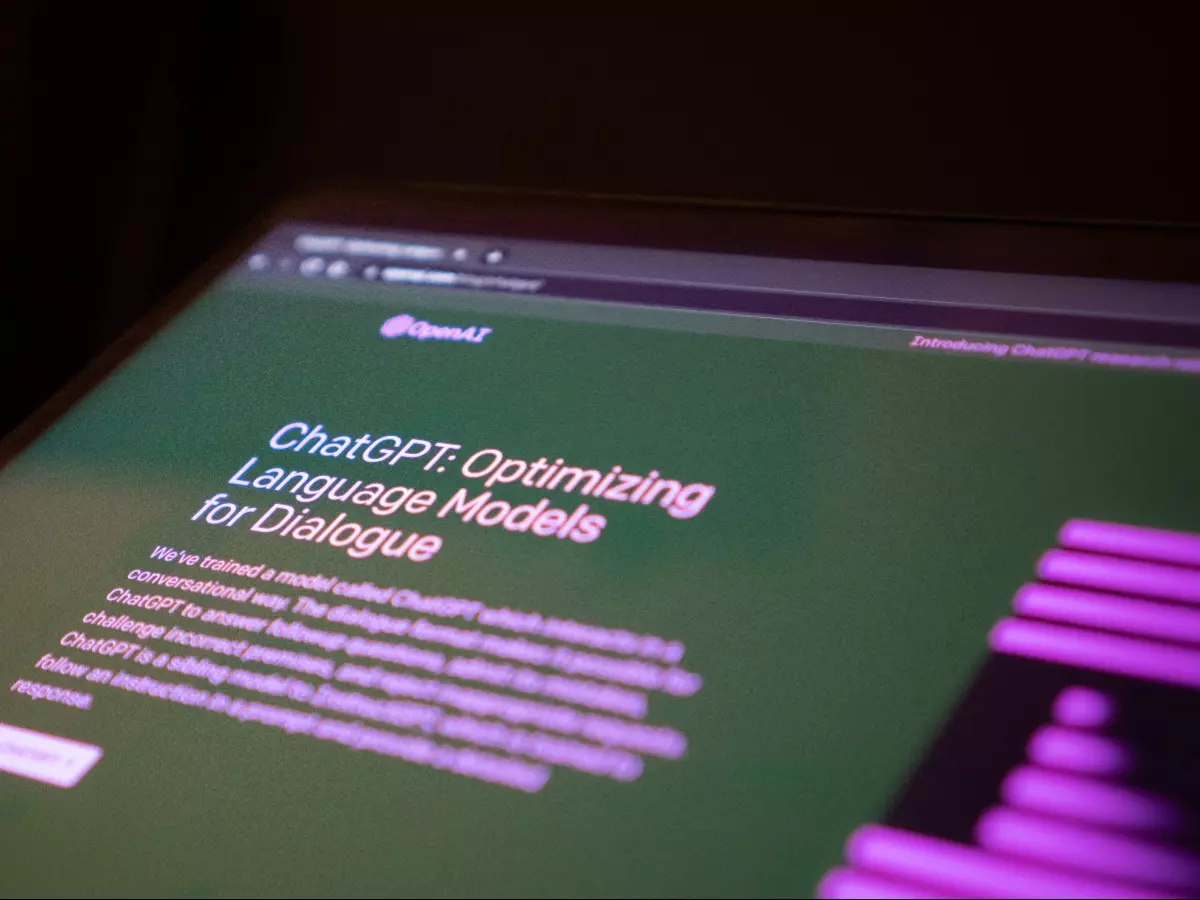ChatGPT's Unpredictability: New Study Highlights Inaccuracy Of Famous Chatbot
The Stanford University team assessed how ChatGPT tackled different tasks over a few months - be it maths problems, answering sensitive questions, writing software code, and visual reasoning.

Everybody's favourite generative artificial intelligence (AI) chatbot ChatGPT could be getting less accurate, a new Stanford study has revealed.
The Stanford University team assessed how ChatGPT tackled different tasks over a few months - be it maths problems, answering sensitive questions, writing software code, and visual reasoning.
 Unsplash
Unsplash
What did researchers find about ChatGPT?
They found that ChatGPT's abilities were inconsistent over time. Currently, ChatGPT can run on two versions - the free GPT-3.5 model and the paid GPT-4 version that is supposed to be smarter and quicker.
GPT-4 was able to solve maths problems effectively in March, identifying prime numbers 97.6% of the time. Three months later, its accuracy dropped to just 2.4%. On the other hand, GPT-3.5 became better, going from 7.4% accuracy to 86.8% accuracy over the same time.
 Unsplash
Unsplash
The researchers also noted similar fluctuations while writing code and visual reasoning. "When we are tuning a large language model to improve its performance on certain tasks, that can actually have a lot of unintended consequences, which might actually hurt this model¡¯s performance on other tasks... There¡¯s all sorts of interesting interdependencies in how the model answers things which can lead to some of the worsening behaviors that we observed," said James Zou, a Stanford computer science professor involved in the study.
Also read: ChatGPT Creator Sam Altman Says 'Jobs Are Definitely Going Away' Due To AI
Researchers believe that the results do not really reflect the state of accuracy in terms of ChatGPT's performance but rather show the unintended consequences of fine-tuning the model. Essentially, one part of the model is modified to improve one task, other tasks can suffer.
 Unsplash
Unsplash
Why this happens is hard to ascertain because nobody knows how ChatGPT operates, and its code is also not open-source. Over time, researchers noted that ChatGPT's answers not only became less accurate but that it also stopped explaining its reasoning. Imagine you ask ChatGPT how it reached a certain conclusion while making maths calculations, and it just skips that step. That's what it actually did, researchers say.
Also read: Meet WormGPT, Evil Twin Of ChatGPT That Can Generate Malware From Simple Prompts
 Unsplash
Unsplash
When it comes to sensitive stuff, both GPT-4 and GPT-3.5 refused to engage, saying that the prompts reflect discriminatory ideas. By June, ChatGPT had refused to answer at all. Essentially, ChatGPT's performance can be hard to study and gauge because of how it operates. The study highlights the need to observe and assess performance shifts in large language models (LLMs) that power tools like ChatGPT.
The study is available on pre-print server arXiv and is pending peer review.
What do you think about this study? Let us know in the comments below. For more in the world of technology and science, keep reading Indiatimes.com.
